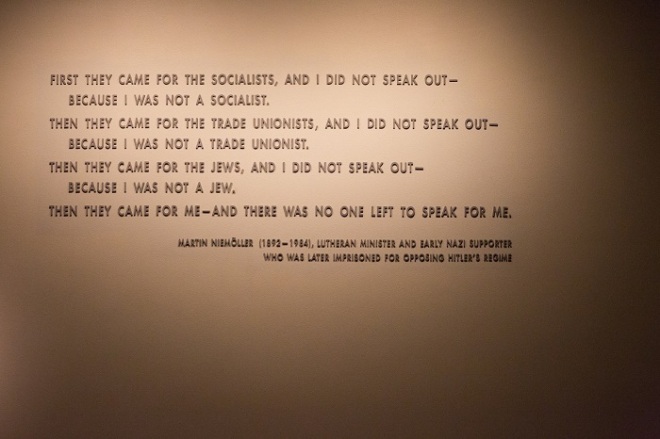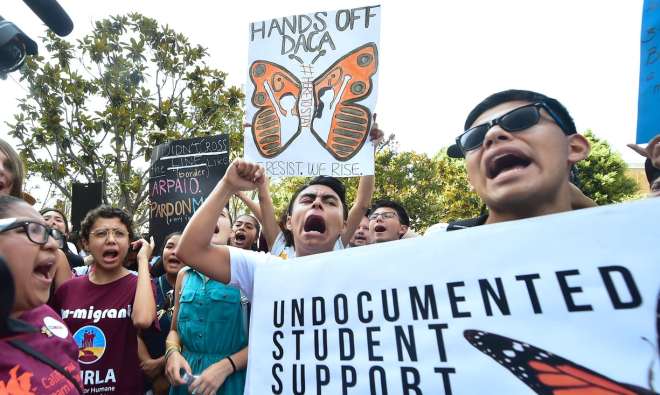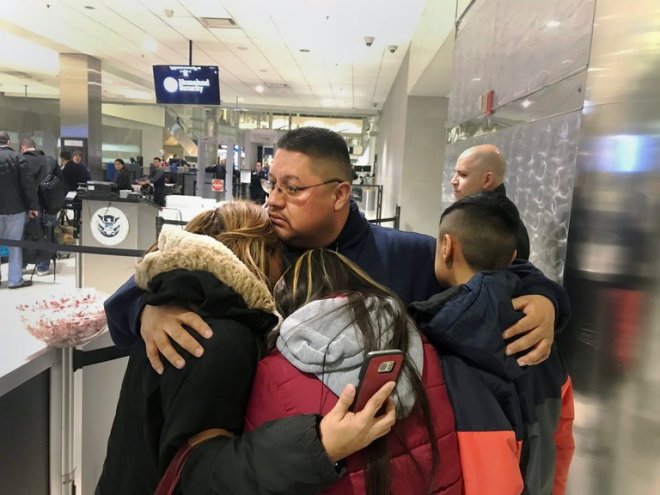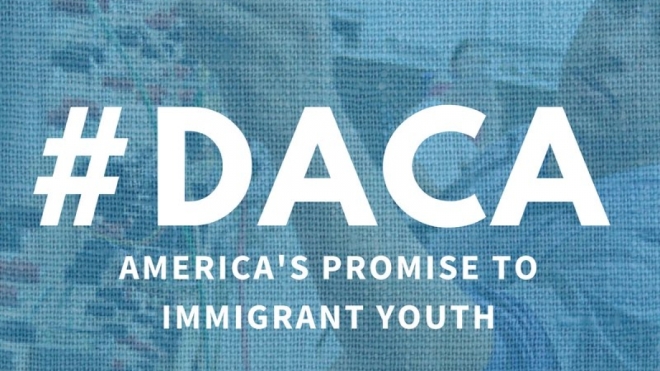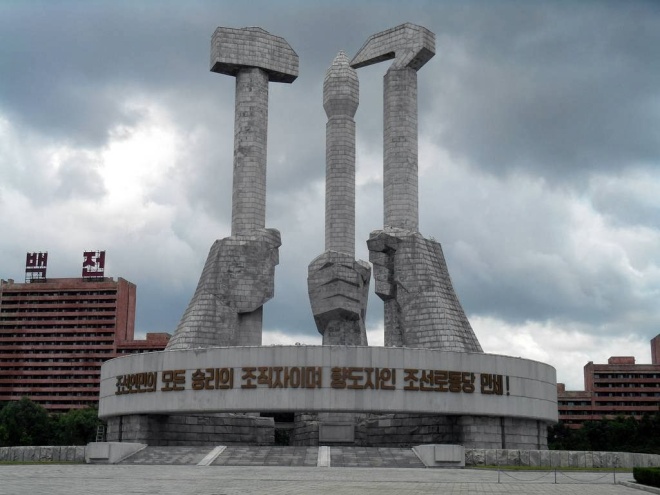
So today’s post will be a little shorter than yesterday’s hard slog through DACA legislation, you’ll be heartened to hear! We will be focussing on the world’s only remaining ‘hermit state’ – North Korea, or as it is also known, The Democratic People’s Republic of Korea (DPRK).
Whilst North Korea has opened its borders a little in the last decade or so – mainly for tourism purposes – it still remains an enigma to the outside world. Approximately 4,000 – 4,500 Western tourists visit the nation annually; the actual number of tourists is much higher, but 95% of the total number are thought to originate from China – a country which has long been a close ally of the North Korean regime.
However, every aspect of a visit to this secretive nation is highly controlled by government approved tourism agencies such as Koryo Group. Tourists are not allowed to deviate from the specified tour itinerary – mainly made up of sites of political relevance – and they are kept forever under the watchful eyes of the government ‘minders’ who accompany the group. The tours are designed to showcase the DPRK and it’s government in the best light possible and visitors are kept away from the dark underbelly of the country stringently. All you need to do is look at the few documentaries that undercover journalists have posted on YouTube and you will see tourists being told sharply by the tour guide(s) not to photograph scenes outside the windows of the tour bus as it passes by. Scenes such as local people picking through the dirt at the roadside to find food, or virtually empty market-stalls which highlight the country’s ever present food shortage. Tours to North Korea portray the nation through rose-tinted glass. You have to dig deeper to find the real North Korea, and to see how it’s citizens truly live.
So below I have compiled some little known facts about North Korea, designed to give you an insight into this undeniably bizarre state.
1) North Korea is the world’s only true ‘Necrocracy’. This means that it is a government that still operates under the rule (or the set of rules laid down by) a dead leader. Until his death in 1994, Kim Il-Sung (known by North Koreans as ‘The Great Leader’) ruled North Korea; a post he had held since the end of the Korean War and the separation of the two Koreas. After his death, he was declared ‘Eternal President’ and has thus retained his position as Supreme Leader of the DPRK – even attaining God-like status in the minds of the North Korean populace. In 1998, according to The Times newspaper, rather than listening to the then leader of the country – Kim Jong-Il – make a speech, the North Korean Assembly instead listened, enraptured, to a tape-recording of a speech made by the late Eternal President. North Korean citizens over the age of 16 are required to wear two lapel badges whenever they leave home – one depicting the Great Leader, Kim Il-Sung, and the other depicting his now-deceased son – Grand Marshal, Kim Jong-Il. Leaving home without one is deemed an ‘anti-Kim offence’ and those found doing so are frequently punished or face Maoist-style ‘self-criticism sessions’.
2) North Korea’s political ideology is NOT communist, contrary to popular belief. They have a unique ideology called ‘Juche’, which roughly translates as ‘self Reliance’s, and was introduced by founding father, Kim Il-Sung. Basically, the theory behind Juche is that each North Korean citizen should be a ‘master of the Revolution’, help the nation become self-reliant by tireless work and thus build the DPRK into a true beacon of socialism. The symbols of Juche are a flaming torch, and the typical Communist hammer and sickle motif…with the addition of a paintbrush in the centre to symbolise North Korean artists and intellectuals.
3) Each North Korean citizen has a form of unique political karma called ‘Songbun’. This is calculated based on the social, political and economic activities of your ancestors and your living relatives. Their general trustworthiness and any run-ins with the military or the police will also be factored into your own ascribed Songbun. By all accounts there are over 50 different categories you can be assigned to and, whilst ‘losing’ Songbun and being ‘demoted’ a category or two is apparently quite easy….gaining Songbun is notoriously hard to do. Why is Songbun so important? Simple. It can affect everything to do with your life and that of your spouse/children. From what jobs you are eligible for, to what education you can receive…even to the amount of food you are eligible to receive under government rationing.
4) There is a ‘Three Generations of Punishment’ law in North Korea. If you commit a crime or are found guilty of political dissidence, you are sent to prison (or more usually in North Korea, a hard labour camp). However you do not go alone – your family will often be sentenced alongside you for the same crime. In some reports all three generations of a family will suffer the same fate as you – that’s your parents and your children. In other reports it is the two generations of your family that will descend from you – so that’s your children and your grandchildren. Either way, it is a particularly nasty and Draconian punishment system that sheds a lot of light on why North Koreans were so eager to show their grief to the cameras on the dead of Kim Jong-Il in 2011. They did not want their children ending up in work camps due to ‘a parent not affording the proper respect to the passing of the Grand Marshal’.
5) North Korea has concentration camps. Yes, you read that right. Completely isolated from the outside world, families are sentenced to a lifetime of hard labour, unrelenting torture and starvation. The most famous of these camps are Yodok (about 70 miles from the capital, Pyongyang) and Hoeryong (five miles from the northeastern border with China). The camps are both surrounded by natural barriers, such as rivers and tall mountains, which prevents them from being seen by the outside world. Below however is a photograph that purports to show prisoners inside the fence at Yodok concentration camp:

As might be expected, the North Korean government initially denied that these camps existed – and then when the installations appeared on satellite images – insisted that the camps had already been decommissioned and closed down.
However, escapees who have defected from North Korea have come forward with stories of torture and barbarity that rival the Nazi atrocities at Auschwitz. One such man is Kim Kwang-Il who spent over two years Jeongeori concentration and documented the daily human rights abuses through a series of harrowing illustrations. One illustration, depicting methods of repetitive torture that the guards employed against the emaciated inmates, is shown below:
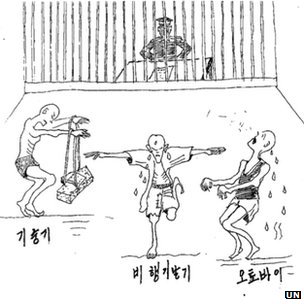
Another such escapee is Kim Young-Soon who spent nine years as an inmate of Yodok camp. Both of her parents and her eight-year-old son died of disease and starvation whilst they served her sentence alongside her, as per North Korea’s ‘Three Generations of Punishment’ law. Upon her successful defection from the country, she told officials how many inmates used to eat dirt to try and survive, whilst others lost limbs to frostbite or succumbed to insanity through repeated torture. She urged potential tourists to ‘stay away’ from the country so as not to inadvertently support an ‘evil’ regime with their money.
In conclusion, there is more to North Korea than a frequently malfunctioning nuclear weapons program. The stories of the country’s oppressed masses deserve a more prominent space on the world stage so that we can honour the vows that were made at the conclusion of World War II – we can never, ever allow something like Auschwitz, or Treblinka or Dachau to happen again. Ever. If we know about such atrocities – like those that occur at Yodok and Hoeryong – and do nothing…does that make us any better than the perpetrators?
